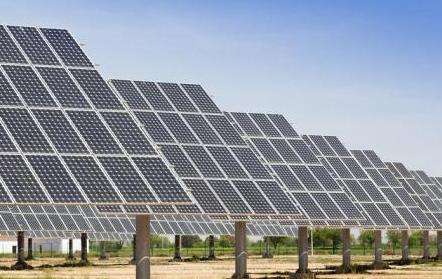The electricity generation principle of a nuclear power plant is as follows: In a nuclear power plant, the reactor carries out nuclear fission and converts nuclear energy into thermal energy of water.
Water, as a coolant, absorbs the thermal energy generated by nuclear fission in the reactor, becomes water at high temperature and high pressure, and then enters into the U-shaped steam tube. generator along the pipe, transferring heat outward from the U-shaped water tube, transforming it into saturated steam. Reactors convert nuclear energy into thermal energy for water. The steam generator transfers heat from the high temperature and high pressure water in the primary circuit to the water in the secondary circuit, transforming it into saturated steam.
Nuclear power plants use nuclear energy to generate electricity, and the basic equipment isa nuclear reactor. The nuclear reactor heats water to produce steam, which converts nuclear fission energy into thermal energy; steam pressure drives the steam turbine to rotate, converting thermal energy into mechanical energy; the steam turbine then drives the generator to rotate, converting the mechanical energy; energy into electrical energy.
Advantages of nuclear power plants:
1. Nuclear power generation does not emit huge amounts of pollutants into the atmosphere like fossil fuel power generation, so nuclear power generation does not cause air pollution.
2. Nuclear power generation does not emit carbon and will not worsen the global greenhouse effect.
3. The uranium fuel used in nuclear power production currently has no other use than the production of electricity.
4.The energy density of nuclear fuel is millions of times greater than that of fossil fuels. Therefore, the fuel used in nuclear power plants is small and easy to transport and store. The plant can only transport 30 tons of uranium fuel by plane in a single flight.














